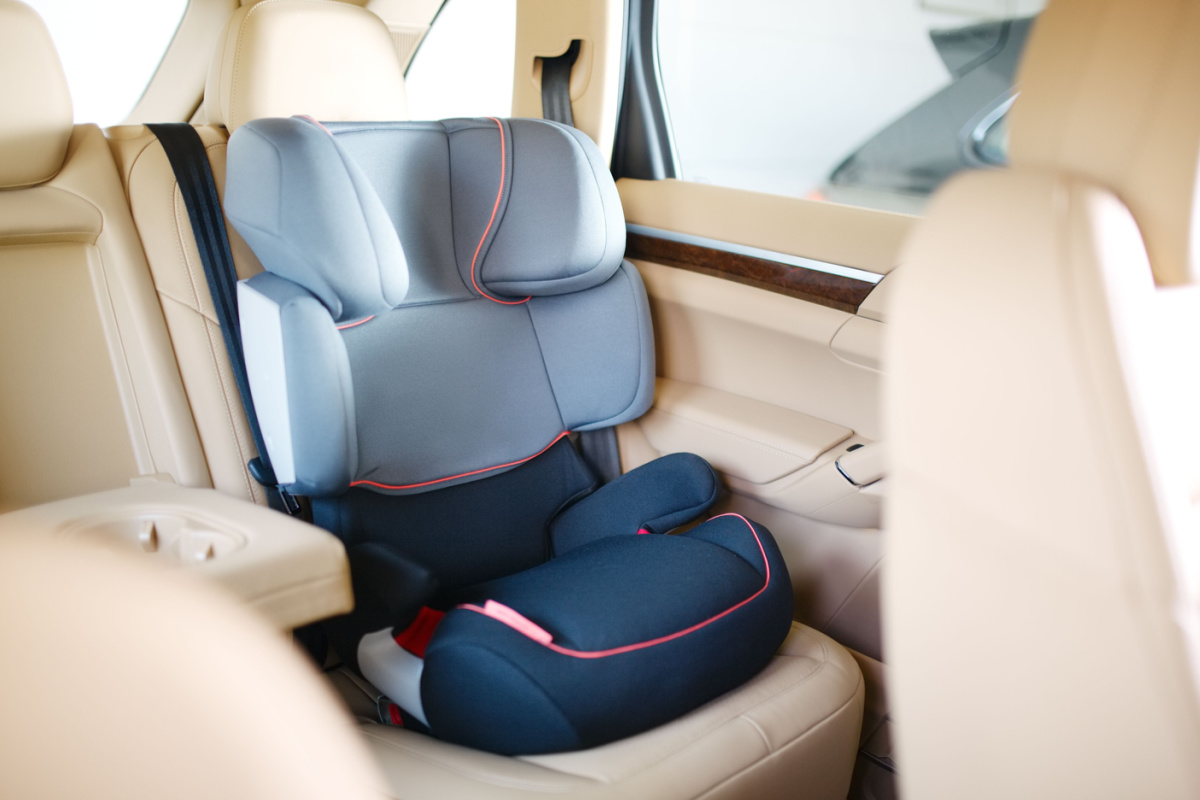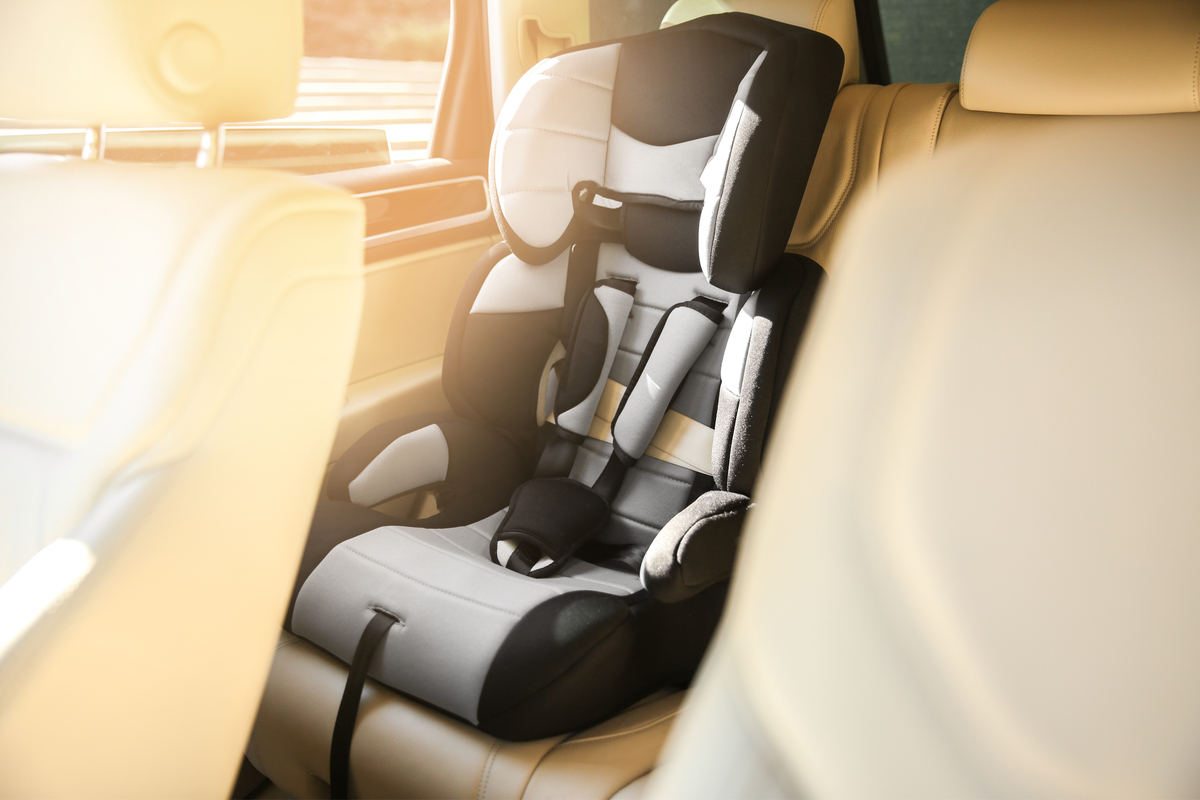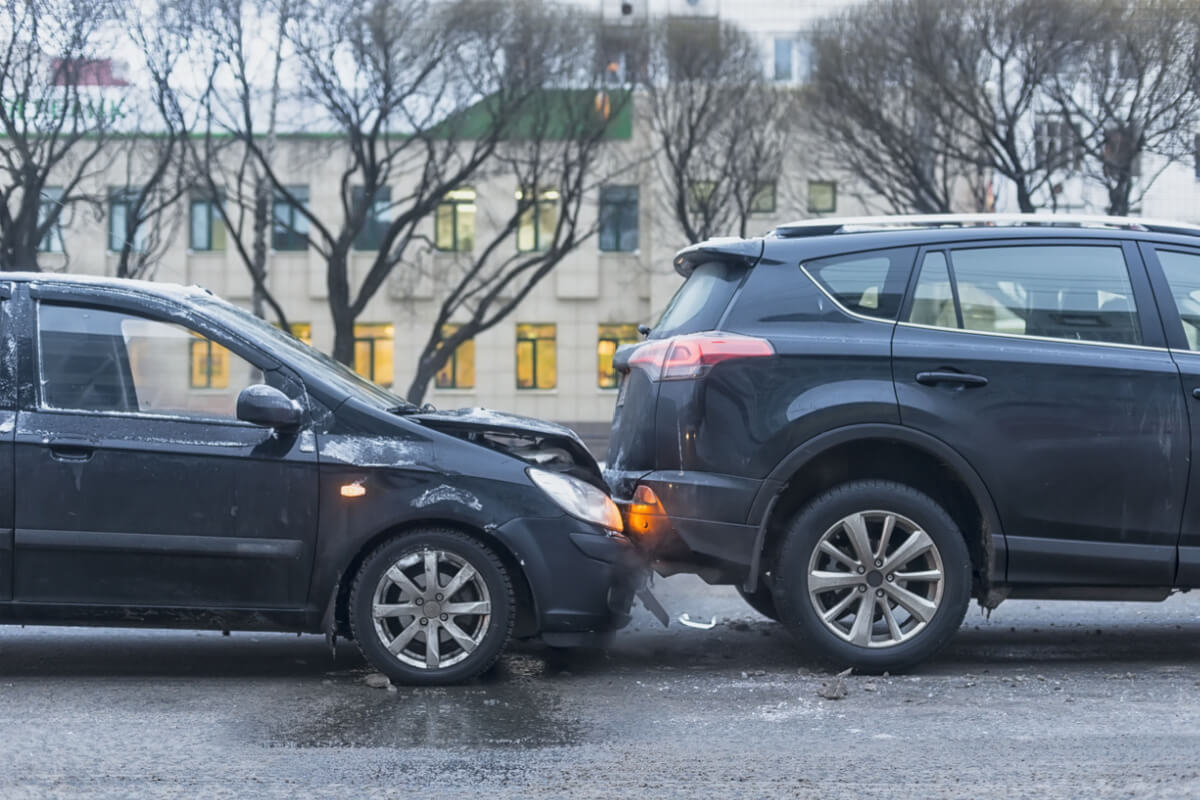
Partner at AKD Lawyers
Practice Areas: Personal Injury

In April of 2022, CYBEX recalled around 20,000 car seats because their headrest foam could come loose and create a choking hazard. This kind of news can be alarming for parents, who rely on their car seats to keep their children safe. In this case, CYBEX’s parent company sent seat owners a repair kit that could seal in the foam securely. Most car seats are recalled because of easily repairable problems like this one, but it’s important for parents to pay attention to recall news and manufacturer instructions for their car seats.
The importance of checking for car seat recalls
Car seats are essential tools for keeping young children safe in the car. They help reduce crash deaths when used properly. While all car seats are subject to strict testing standards before they go on the market, sometimes regulators notice a problem later on. This makes it essential for parents to make sure their car seats are safe and effective. One study found that only half of the six million car seats recalled in a given year were repaired. This puts the children using those car seats at risk of serious injury if the car seat fails during an accident.
The National Highway Traffic Safety Administration is the government agency responsible for regulating and testing car seats. The agency performs random tests to ensure that car seats available for sale are safe and provide effective protection. Failing one of these tests is the most common reason for a recall. Sometimes customers identify a problem after using the car seat and report it to the NHTSA or the manufacturer. Manufacturers may also notice a problem on their own and issue a voluntary recall.
Regardless of the reason for the recall, most parents, 71%, learn about the recall from the news. Relying on seeing or hearing the right news story can make it easy to miss important recall information. If parents have a concern about their car seat or have heard about a potential recall, they can use the search function on the NHTSA’s recalls page. This will bring up any recall information, as well as complaints or agency investigations related to the specific car seat model.
The easiest option for parents is to register their car seat with the manufacturer after they purchase it. They can do this either on the manufacturer’s website or by mail with the registration card included in the car seat packaging. Either way, they’ll enter their car seat’s model number and manufacture date, along with their contact information. In case of a recall, the manufacturer will contact the parents directly.
What parents can do if their car seat is recalled
When parents learn that their car seat has been recalled, they need to stay calm and look for additional information about how to proceed. Some recalls are issued because of a serious safety issue, but some can be issued because of something as minor as a labeling error. When a car seat is recalled, those using it are entitled to either a repair, a replacement or a refund. Parents should start by checking with either the NHTSA or the car seat manufacturer for details about the recall. The recall information should specify exactly what the problem is and how the manufacturer plans to fix it.
Many car seat recalls involve simple repairs and don’t require parents to stop using the car seat. For example, Graco issued a recall in 2015 because some of its car seat labels didn’t refer parents to the instruction manual. The company fixed the problem by mailing out corrected labels for customers to attach. It’s also common for recalled car seats to need a simple repair that parents can complete themselves. In these cases, the manufacturer will usually send out any parts needed for the repair along with instructions.
If the recall involves a more serious safety problem that isn’t easy to fix, the manufacturer will either replace the car seat or give parents a refund so they can purchase another model. If the parents registered the car seat, the manufacturer should automatically send out the repair supplies or information about a replacement. Otherwise, parents will need to contact the manufacturer to request the necessary repairs.
Signs that you need to replace your car seat

In addition to paying attention to recalls, parents need to make sure their car seat remains in good condition and the correct size for their child. Car seats will list height and weight limits. When a child outgrows these limits, parents will need to upgrade to a larger model. Rear-facing seats for infants don’t usually list a height limit. This means a child could become too tall for the seat even if they remain within the weight limit. Car seats also have expiration dates, which usually state that they can be used for around six years. These dates should be listed in the seat’s owner’s manual or on the label. Parents should replace expired car seats even if they still appear to be in good condition.
It’s also a good idea to replace a car seat after an accident unless it was very minor. If airbags deployed, someone was injured or the car needed to be towed, the crash was serious enough to warrant replacing the car seat. Parents should also pay attention to wear and tear damage. This can include cracks, worn straps or loose parts. Parents should replace the car seat if they notice these issues.
Tips on maintaining your car seats overall
Other than washing the cover as needed, car seats don’t require much maintenance. Parents should pay attention to how well the seat fits their child and whether there are any signs of visible damage. They should also register the car seat with the manufacturer to make sure they receive any important updates about the specific model.
In the realm of safety, not only is the condition of the car seat crucial, but also the environment in which the child is placed. For instance, incidents like a child getting hurt at school can be as concerning as car seat malfunctions. Similarly, with the rise of autonomous vehicles, parents need to be aware of the potential risks involved.
It’s essential to stay informed about various personal injury cases to ensure the safety of our loved ones. For example, understanding the statistics related to bicycle accidents in Orleans can help in taking preventive measures. Moreover, it’s not just about vehicular safety; parents should also be cautious about defective medical devices that might pose a threat to their child’s health.
While many car seat recalls involve a simple fix, some can represent a serious safety risk. When they learn about a recall, parents should look up the details and follow the manufacturer’s instructions for how to proceed.
Contact Alvendia Kelly & Demarest today at 504-200-0000 to schedule a free consultation.
Categories

In 2003, after being dissatisfied with the quality of legal care for victims of car accidents, Roderick ‘Rico’ Alvendia sought to establish a new firm focused on providing high-quality legal services to aid injured victims and their families. J. Bart Kelly, sharing Rico’s passion for upholding justice, joined the firm later that year, and established a partnership.






